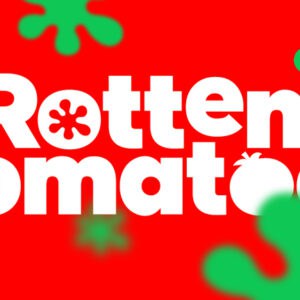
Last year saw just under 830 million movie tickets sold domestically, a sure sign that people were indeed ready to get back to the cinema. But we all know that streaming is the sort of gargantuan player in the movie industry that it has been jockeying to be for quite some time now. After all, there’s a reason that Netflix started releasing viewing numbers and why we cover them alongside opening weekends at the box office. So how does streaming success – or failure – get you your next movie? Turns out, it really doesn’t, at least not at the rate that filmmakers might hope. So what do studios do when they don’t have box office numbers to work from? They rely on the critics.
In a new article from The Hollywood Reporter, their journalistic research found that producers and other movie industry bigwigs are leaning more on aggregate sites like Rotten Tomatoes to determine if a director has it. As one rep stated, “Critical acclaim is now gamified. The Rotten Tomatoes score is the first thing people look at when I go pitch a director. It inevitably affects decision-making around hiring a director.” Another put it, “When you hire a director, all you have is their past work and a meeting.”
Streaming numbers – however accurate they truly are – can only gauge so much, with one studio rep stating, “No one cares if your movie did well on streaming.” In other words, a film may have been through the roof with its millions and millions of viewers, but if you plan to stick around in the movie industry, you better be certified fresh. That’s quite interesting and shows a serious shift in the business, something we may never see it come out of.
Rotten Tomatoes can be a divisive website – do they matter? are they accurate? – but it no doubt is playing a significant role in the modern movie industry. In theory, it sounds great: the directors of great movies keep working in the industry even if the film is a financial failure, while blockbusters deemed “rotten” aren’t permitted to progress into franchise mode. But we all know that’s not what it means, nor is it something many of us would truly want when it comes down to it. It’s just a sign of how the movie industry has evolved, for good or bad.
What do you think of this approach? Share your thoughts with us below.




















Follow the JOBLO MOVIE NETWORK
Follow us on YOUTUBE
Follow ARROW IN THE HEAD
Follow AITH on YOUTUBE